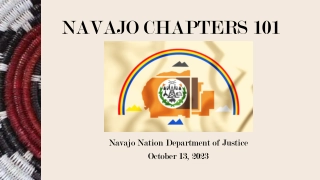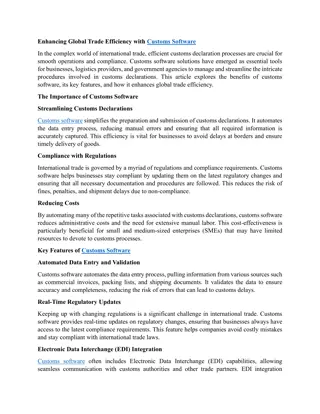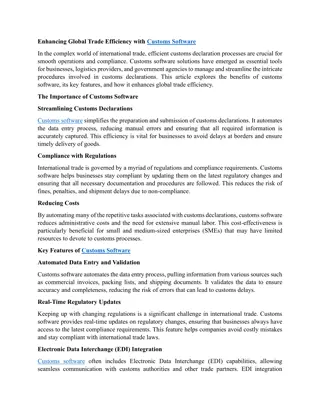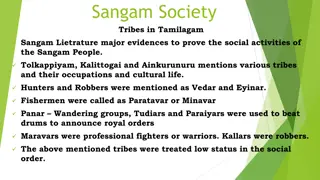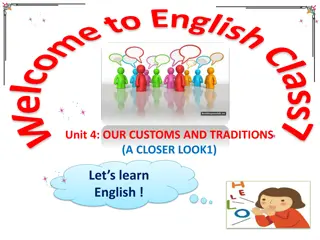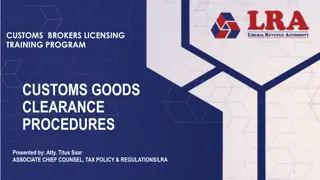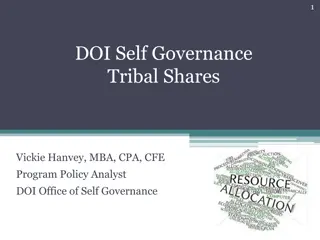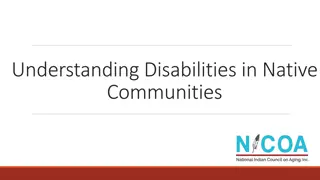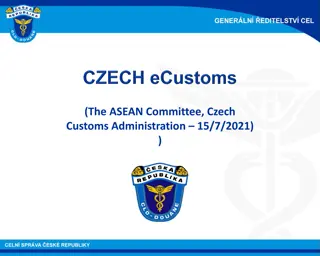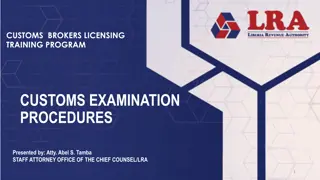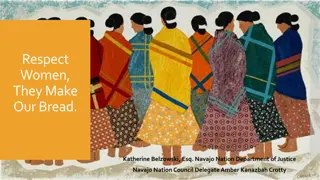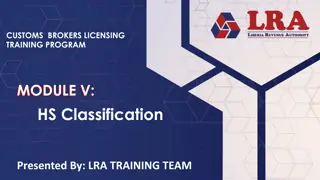Traditional Customs and Cultural Values of Navajo, Hopi, and Southern Paiute Tribes
Introductions in Navajo families involve sharing clan information, while Hopi members identify themselves by villages and clans. The close-knit tribal communities of Navajos, Hopis, and Southern Paiutes value traditional customs, language, and respectful communication. Establishing rapport through native languages and cultural empathy is key in providing services to tribal members, who appreciate unconditional positive regard irrespective of personal beliefs or backgrounds.
Download Presentation

Please find below an Image/Link to download the presentation.
The content on the website is provided AS IS for your information and personal use only. It may not be sold, licensed, or shared on other websites without obtaining consent from the author. Download presentation by click this link. If you encounter any issues during the download, it is possible that the publisher has removed the file from their server.
E N D
Presentation Transcript
Navajo Clans When introductions are made with a handshake and stating your clans are an important icebreaker when visiting Navajo families, esp. elders. When Navajo Clans are introduced, you are telling someone about your mother s clan (1st), your father s clan (2), and your maternal grandfather s clan(3), and your paternal grandfather s clan(4).
Hopi Most Hopi members will identify themselves by what village they are from. Hopi Tribal members have clans also that indicate what mother s clan is and what father s clan is. The Hopi tribal members from various villages are closely bonded by their cultural traditions and ceremonies.
Navajos live in rural communities in closer proximity to each others, but others lives miles from their nearest neighbors. Hopis live close together in villages. Southern Paiute Tribe live in rural communities among the Navajo communities. Most Southern Paiute Tribal members speak and understand the Navajo language.
All tribal members like to converse in their native languages and are more at ease if their service provider can converse with them in their own languages. Tribal members live in all types of conditions and different types of housing and various socio-economic statuses. Tribal members consider it impolite to just rush in and rush back out. Its more acceptable to make time to introduce yourself and make icebreaker conversation before jumping into business talk as to why you are there.
Unconditional Positive Regard is the basic acceptance and support of a person regardless of what the person says or does. A concept developed by humanistic psychologist Carl Rogers. To serve people by setting aside our own personal opinions and biases. Because we serve native people with disabilities who have lived without most services for years and some who are even angry and frustrated at lack of services. And also people who may not understand what we are talking about because they have never heard of what independent living or Assistive Technology means. We also serve people with various religions, beliefs and cultures.


